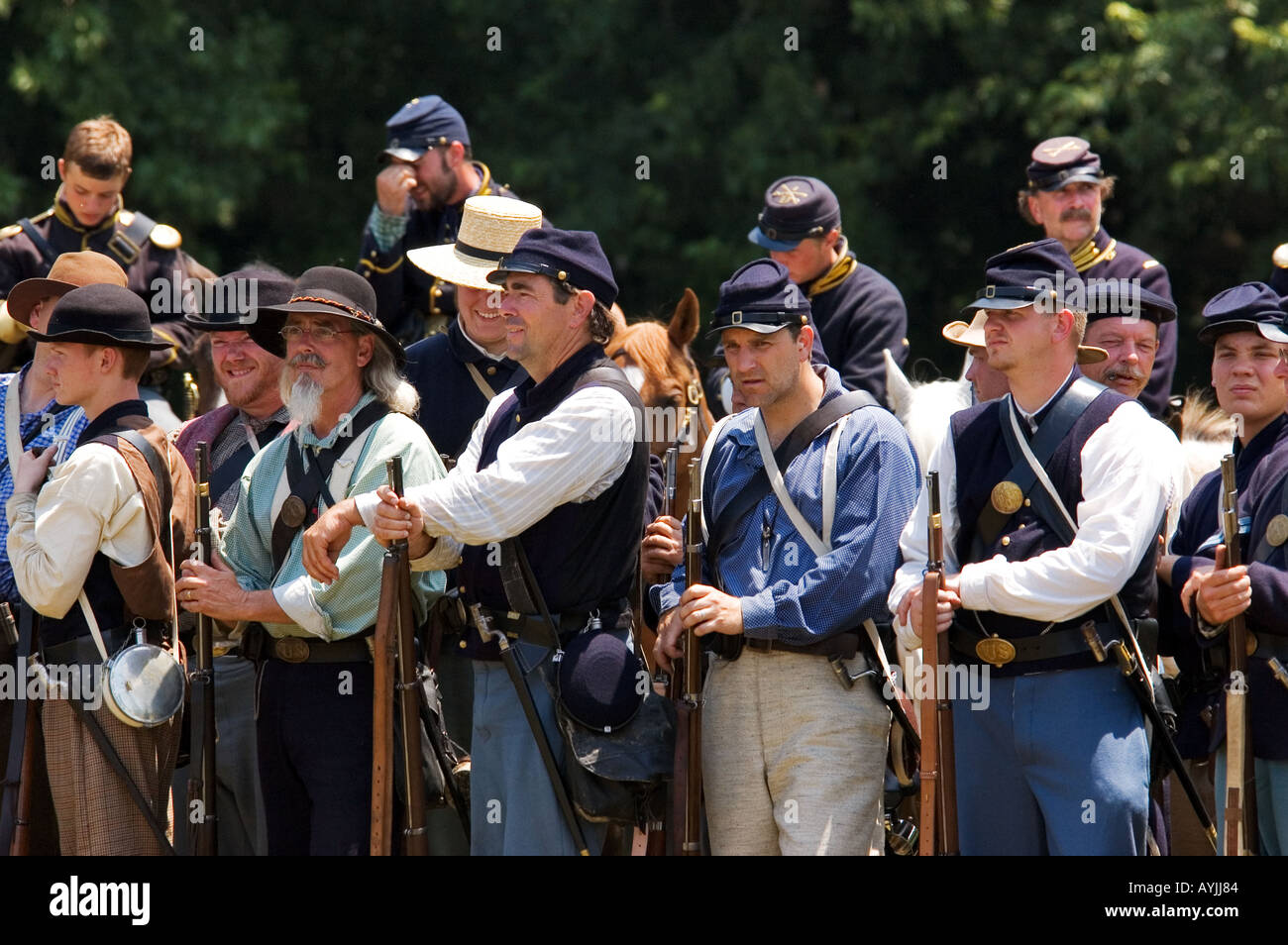
An abolishment of living history would be one way to ensure that even fewer Americans remember anything about the men who wore gray. Public attention of any kind is powerful, and granting visibility to the history of the Confederacy surely grants it social capital.Ĭonversely, invisibility is the modern equivalent of sending criminals and dissidents into exile. He described his encounters with rebel reenactors and said, “I realized that it was the gulf between these backward-looking fantasies and this modern moment that has made America such an ugly and angry place to be recently.” It is clear Cooper would prefer the war to be filed away forever.Ĭivil War reenacting involves thousands of individuals who memorialize Unions troops and African American activists like Harriet Tubman, of course but is that enough to redeem it? After all, mock battles are pointless without two sides. Wilbert Cooper, a young black man who traveled across America for VICE in the lead-up to the recent presidential election, sees reenacting as an attempt to fantasize about living in a bygone world of white supremacy. If the South was wrong-if the war was about something as ugly as slavery-isn’t it degrading to keep its memory so very alive? The really awkward part is all of those Americans who dress up like Confederates or, say, unveil “the largest Confederate flag in Tennessee” at a living history event so that descendants of Confederate soldiers can place their ancestor’s name and unit on the flag. It’s not just that seeing adults roleplay in expensive costumes is weird. After all, the hobby triggers discomfort in many Americans. Visit the battlefield at Sailor's Creek, where Lee lost a substantial part of his army, and explore the 1864 Wilson/Kautz Raid, as well as the critical battle at Lynchburg.If “Gone With the Wind” is too insensitive for public viewing, and memorializing Confederate generals is racist, perhaps Civil War reenactments will be the next to go. Lee's final march from Petersburg to Appomattox.



ON TO RICHMOND CIVIL WAR REENACTMENT ENDVIEW 2017 FREE
Each regional Trail is outlined in free full-color maps available at state welcome centers and local/regional visitor centers. Hundreds of Trails' interpretive signs give visitors the chance to explore Virginia's back roads, learning some history while driving and walking through some of the most beautiful landscapes anywhere. Five regional programs fill in the gaps between the National Parks and highlight some of the less-known but no less interesting stories Virginia has to offer.


 0 kommentar(er)
0 kommentar(er)
